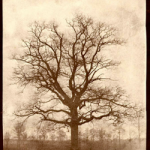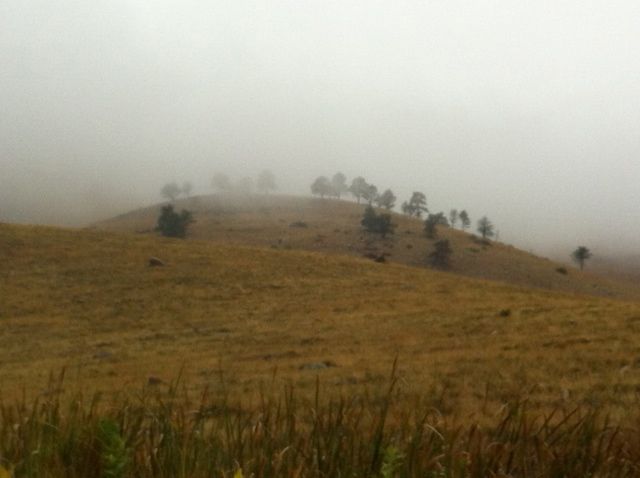Today’s blog entry is dedicated to my mom and to all the other families out there dealing with Alzheimer’s or dementia…
Mom’s name is Eve and she was born in 1925. Even now in her 80’s, living in a ‘memory care unit’ and suffering from Alzheimer’s, even now my Mom is still feisty and opinionated and a bit of a rabble rouser. My mom may have been born in 1925, but she really resonated with the feminist ideals of the 1960’s. Even though her career was staying home and raising 4 kids, Mom instinctually understood the basic feminist message. Women need choices about how to live their lives, Women deserve choices. My mom understood that even as she allowed herself few of those same choices.
My mom’s name may be Eve, like the first woman in the Bible, but the name NEVER fit her. Mom never fit the mold of the “little woman” who is made from her husband’s rib and is subservient to her man and lives to serve him. No way! My mom complained about the silly rules that dictate proper female behavior from the very beginning; as a kid, she demanded to know why her 5 brothers never had to do housework while she and her sister were cooking and cleaning every week. And how come the boys got to swim in the creek, but she and her older sister couldn’t? Apparently it wasn’t proper in the 1930‘s for teenaged girls to swim in the creek, even when southern Illinois was 95 degrees in the shade. Can you imagine??!
Later on as an adult, my mom wondered aloud why men got to do all different kinds of work while women were expected to marry and become homemakers. And she thought it very sad that an intelligent and beautiful woman like her sister who never married was labelled a spinster and considered broken by this society!
No, my mom was NEVER a mild mannered ‘good little woman’. And I mean that as the highest compliment. Mom was actually more like Adam’s first wife, Lilith. You may not have ever heard of Adam’s first wive Lilith, but she appears in the Jewish Talmud and several other sacred texts. Most references to Lilith were stripped from the Bible. And what, pray tell, was Lilith’s crime? Well, Lilith refused to be subservient to Adam. She refused to “lie beneath him”. And when Adam balked at treating her as his equal, Lilith up and left Adam and went to live by herself. For refusing to cleave to Adam and do what he said, Lilith was condemned by her culture and turned into an evil demoness that ate newborn babies and sucked the virility right out of men. For “misbehaving” Lilith was rejected and labelled an uppity bitch. Sounds familiar, doesn’t it? I picture a mix of Gloria Steinem and Betty Friedan when I think of Lilith.
Lilith is the original feminist archetype; she’s a powerful female who KNOWS she is complete unto herself and she needs no man to define her or validate her existence. Lilith resonates with that same powerful anger that drives modern feminists like myself; we feminists look around and see how women allow themselves to be treated and we roar with rage.
Unlike Lilith, my mom never left her husband. She never left, but she roared with rage at the inequities of her married life on many occasions. She roared but she really never figured out how to make her own marriage less traditional. It took me years to realize that Mom was actually raging at herself and her own decisions as much as anyone else. I think Mom craved a small space of her own without the needs of a husband and kids drowning out her own desires. Like millions of women before her, my mom craved a space of her own, but never figured out how to take it for herself.
When I asked my mom in her late 60‘s what she had dreamed of being when she was a girl, she had difficulty even answering me. Is it any wonder? Didn’t 1920‘s society just assume that girls would want to grow up and be a wife and mommy? Give them dolls and teach them how to cook and clean, right? What a waste!
My mom must have felt such a conflict within herself for so long. She resonated with the feminist ideals of finding yourself and building a meaningful career and yet stayed in a traditional marriage and spent her days taking care of 4 kids and doing mind-numbing secretarial work.
Please don’t get me wrong; my mom adores my dad. She always did. But she dreamed of something more than marriage for herself and for her daughters. She cajoled and encouraged and pushed me to take a different path; to be more than a wife and mommy, to graduate from college and find work that I could make my own. I have her to thank for this career that I love.
So, after decades of denying any part of herself beyond wife and mommy, my Mom is slowly losing her mind. Is that just coincidence? I don’t think so. Ironically now as the Alzheimer’s progresses, she becomes a lot less like feisty Lilith and more like docile Eve with each passing month.
Today I watch my mom’s brilliant wit and intelligence fade away and I am sad. Sad for the loss of the outrageous woman who was my mother. I am sad that my opinionated mother cannot figure out how to hold onto herself and her opinions any longer. And I am very sad that my 11 year old daughter will never really know her grandmother’s strength or her powerful presence.
I am also sad because I look around the “memory care unit” where my mom lives and I see what the future holds for her. I do not understand why she clings to a life that consists of eating and sleeping and not much else. She is kept safe and fed as every week she fades a little further away, like an old photograph fading over time. And I wonder what the point of this slow fade to death is. Years as a healer have taught me that God always has a good reason for everything. But I really cannot figure out the point of Alzheimer’s.
I watched “You Don’t Know Jack” a few weeks ago on HBO; it’s a movie about Jack Kevorkian, the euthanasia doctor that the press nicknamed Dr. Death. I watched that movie and I puzzled over how some people could condemn and despise Jack Kevorkian for helping suffering people to die. Granted, Jack is an opinionated old coot and he does not make it easy to like him. But his heart is huge and his intent seemed pure to me. I wonder if anyone who has watched a loved one suffer on the edge of living for months or years could condemn Kevorkian?
Is keeping my mom’s body fed and alive while her brain slowly dies a noble, caring act? Or would helping her to die quickly be more noble? At this point, I certainly don’t know what’s more right or more noble. Ironically, my mom was a big proponent of euthanasia before Alzheimer’s set in. She had a living will drawn up years before her illness became apparent. Yet today if you ask her, she will say emphatically that she wants to be resuscitated if her heart stops. Even as barren as her days seem to me, my mom still wants to be here.
Here she stays. I have trouble killing a bug, so there is no way I’m going turn into Kevorkian here. All I can do is watch her slow decline with sadness. I wish that I could somehow make it all better for her – and for me and my siblings. But all that I can really do is turn Mom over to God again and again and again. And try to remember that God has it handled.



